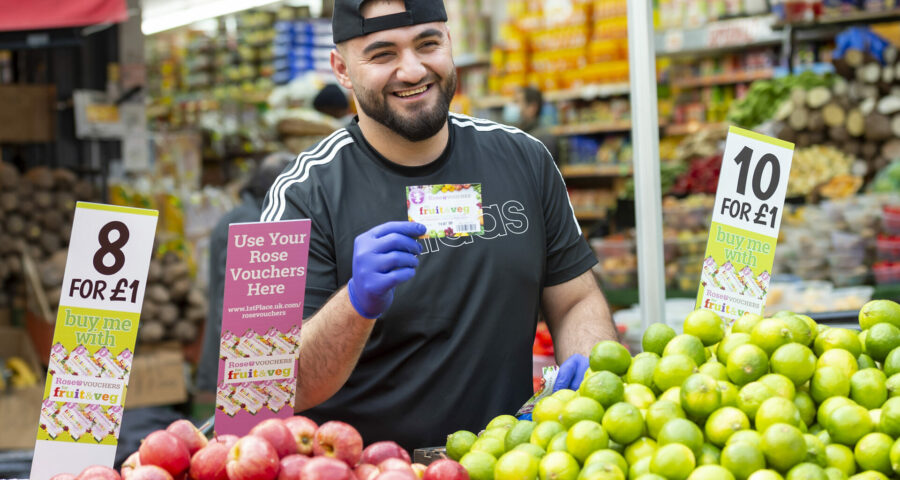A new report from Feedback Global has once again raised pressing questions about how the UK tackles food waste and food insecurity. According to the findings, a staggering 91% of food aid workers surveyed said they’ve had to discard food donations from businesses, often because the food was damaged, inedible, or simply unsuitable. Even more telling, 98% believe the government should be doing more to prevent food waste from happening in the first place, and 84% support legal requirements for large businesses to report their food waste.
What’s becoming clear is that while food redistribution has long been seen as a win-win solution to both food waste and food insecurity, it often allows big food businesses to offload responsibility. Instead of addressing overproduction or inefficiencies in their supply chains, companies are “donating” unwanted surplus to food aid charities, essentially passing the buck and avoiding disposal costs, while saddling under-resourced charities with the burden of sorting and discarding unusable items.
At Alexandra Rose Charity, we believe there’s a better way. Our Rose Vouchers for Fruit & Veg projects take a fundamentally different approach, one that puts dignity, health, and sustainability at the centre of the solution.
Rather than redistributing surplus food, we give families the power to choose. Rose Vouchers can be spent at local food businesses, allowing families to buy the fresh fruit and veg they want and need. This isn’t just about tackling hunger – it’s about improving long-term health outcomes, supporting healthy local economies, and fostering food systems that are both sustainable and just.
The impact speaks for itself. In Tower Hamlets and Lambeth, half of the participants in our Fruit and Veg on Prescription projects have become regular shoppers at local markets. One in every five pounds spent with our local trader partners is a Rose Voucher, a lifeline that helps these businesses stay open and thrive. The economic ripple effect is significant: for every £1 spent with Rose Vouchers, a total of £3.11 is generated in local economic value. Across our eight project areas, we estimate that our work has contributed over £10.5 million to local economies, proving that cash-first solutions can nourish both people and places.
Harem, one of our market traders in Southwark tells us:
‘Without Rose Vouchers, they don’t come to the market. Now I have new customers who didn’t visit my stall before. I always have all the signs and posters up so families know they can spend their Rose Vouchers here. I’m now taking Healthy Start Vouchers as well, so families can use them at my stall for fruit and veg too. To me, the vouchers are the same as having cash.’
Our approach can also strengthen sustainable food supply chains. In Tower Hamlets, for example, Rose Vouchers are helping families switch from non-organic to organic produce thanks to the Bridging the Gap project. Rose Vouchers, combined with discounts, have made organic food genuinely affordable for Tower Hamlet residents, many of whom are trying it for the first time. At the Teviot Centre, up to two-thirds of customers live on low incomes, and 37% are using Rose Vouchers to buy organic food. What’s more, this initiative supports ethical, local farming. By working with Better Food Shed, which connects organic farms across the UK and Europe, we’re ensuring that 84% of the value from produce goes directly to farmers. According to the New Economics Foundation, every £1 spent on organic veg generates £3.70 in value for customers, farmers, and the planet.
As Labour promises to end mass dependence on emergency food parcels, it’s time to look at solutions that do more than paper over the cracks. Cash-first approaches, like Rose Vouchers, offer a real, lasting alternative, one that respects people’s dignity, supports local economies, and builds a better food future for everyone.

